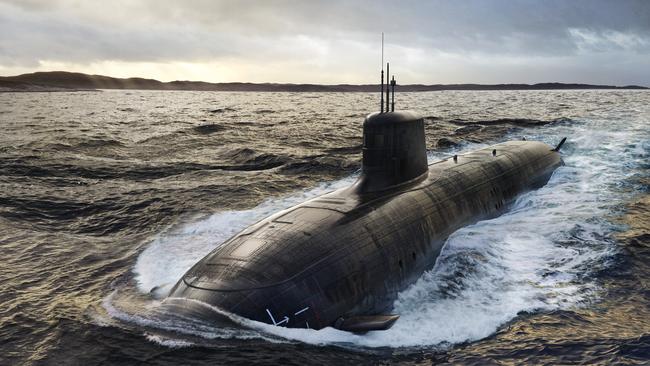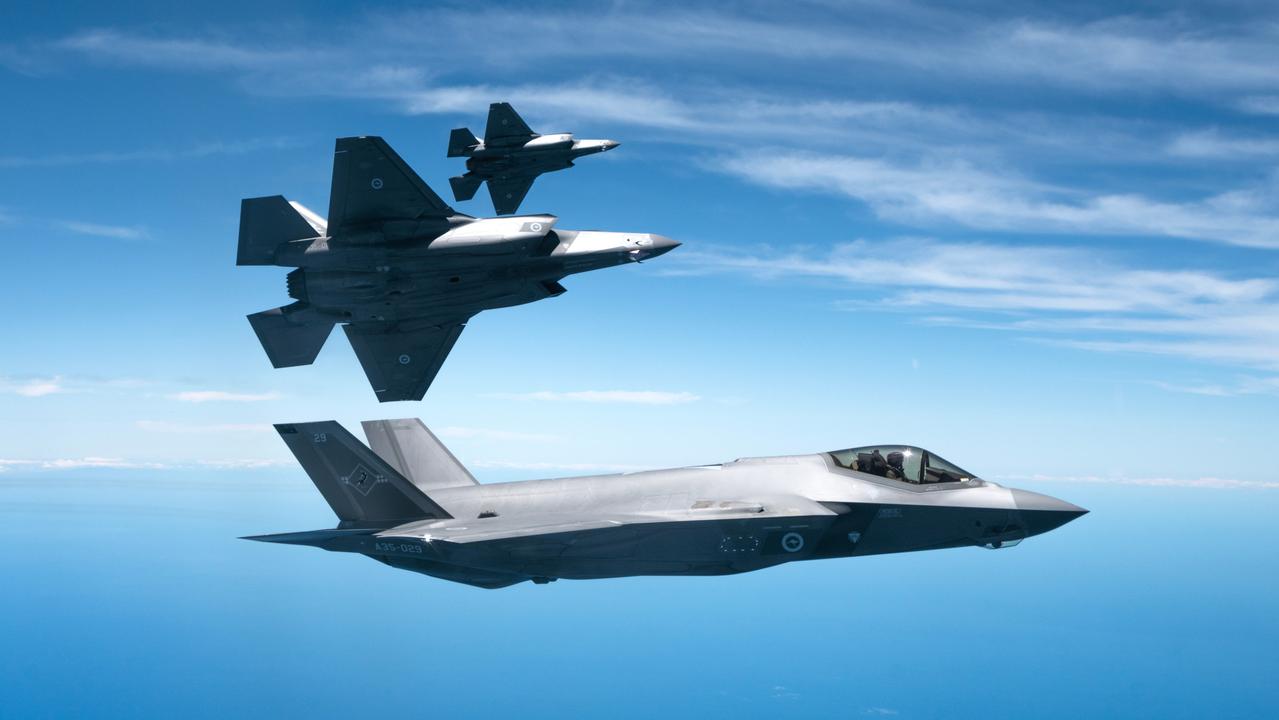Enlisting a nuclear-skilled future
The University of New South Wales has launched its UNSW Nuclear Innovation Centre (UNIC) and will start teaching 50 nuclear-qualified undergraduate engineers this year.

Less than a year after the launch of the Australian Submarine Agency, the University of New South Wales has formally launched its UNSW Nuclear Innovation Centre (UNIC).
Kicked off with a $7.5m donation from the Sir William Tyree Foundation, UNIC will start teaching 50 nuclear-qualified undergraduate engineers this year, possibly doubling that to 100 in future years, says UNIC’s Director, Associate Professor Edward Obbard. More importantly, he says, Sir William Tyree Foundation donation scholarships will also pay for UNIC to train 22 Masters students, 11 PhD candidates and employ five postdoctoral staff over the next 10 years.
These are the subject matter experts who will eventually achieve mastery of submarine and nuclear technology and take on the responsibility of making high-level policy and safety decisions, both in the submarine world and more broadly.
The Submarine Rotation Force-West will come into operation from 2027 and demand nuclear-trained engineers and tradies to maintain US and British nuclear-powered submarines cycling through the naval base at Fremantle, so we’ll need a combination of knowledge and experience in the workforce by then, he says. The RAN expects to be operating its own nuclear-powered boats from the early 2030s.
The scholarships come into effect next year but UNSW already has PhD candidates who are researching submarine topics such as reactor physics, nuclear materials science, condition monitoring and non-destructive testing.
Acknowledging the politics of nuclear power in Australia, there are also PhD candidates studying topics such as nuclear education, social engagement, communications and risk perceptions, he adds.
The submarine enterprise alone will need at least 5800 nuclear-trained engineers and tradies just to operate and maintain the boats, Associate Professor Obbard estimated last year. But the federal and state-level regulatory authorities will also need nuclear-trained people over and above this. This is why UNIC was set up as a university-wide research centre, he says.
Its interdisciplinary and cross-industry nature means UNIC draws on academics from UNSW and its research partners so that it can scale up nuclear training for engineers and scientists as well as nuclear knowledge among lawyers, doctors and human resource specialists.
Those research partners include the Australian Nuclear Science and Technology Organ-isation (ANSTO), as well as the Universities of Sydney and Wollongong.
A key partner is US nuclear-powered submarine builder Huntington Ingalls Industries (HII), which designs and builds the Virginia-class submarines for the US navy. HII and UNSW have established an AUKUS Workforce Alliance with partners Curtin University in Perth, the University of Adelaide and Adelaide-based Babcock Australasia to develop the skilled workforce required to build, operate and maintain the submarines.
The UNSW now has the largest nuclear engineering program in the country and at present only it and the Australian National University offer stand-alone nuclear qualifications.
The Commonwealth’s 2023-24 budget allocated $127.3m across four years for 4000 commonwealth-supported places at the ANU, UNSW, University of Adelaide and other universities to support the Commonwealth’s Nuclear-Powered Submarine Pathways program. The UNSW has been given 340 of them.
For Associate Professor Obbard the quality of training in nuclear technology is paramount: only a properly trained workforce can keep nuclear technology safe, and the AUKUS deal needs Australia to step up and excel in its understanding and management of nuclear technology.
“I’m an unambiguous advocate for the discipline (of nuclear engineering),” he says. “(But) we have to be interdisciplinary, inclusive and diverse to achieve the academic excellence that will be a condition for our success.”


